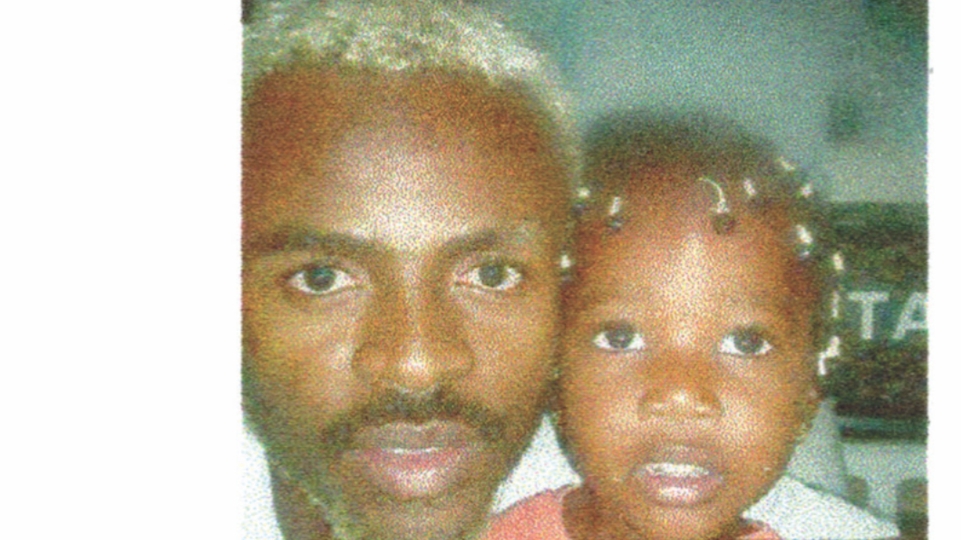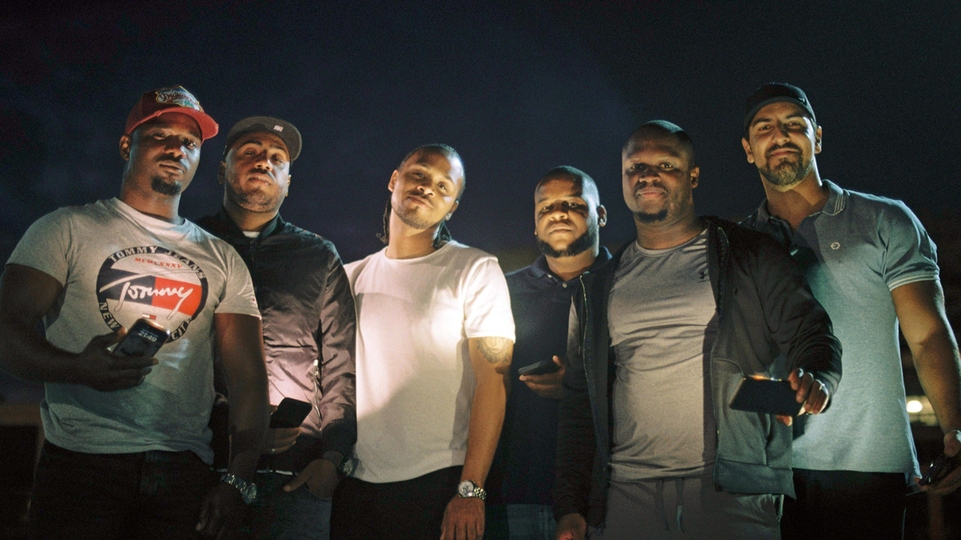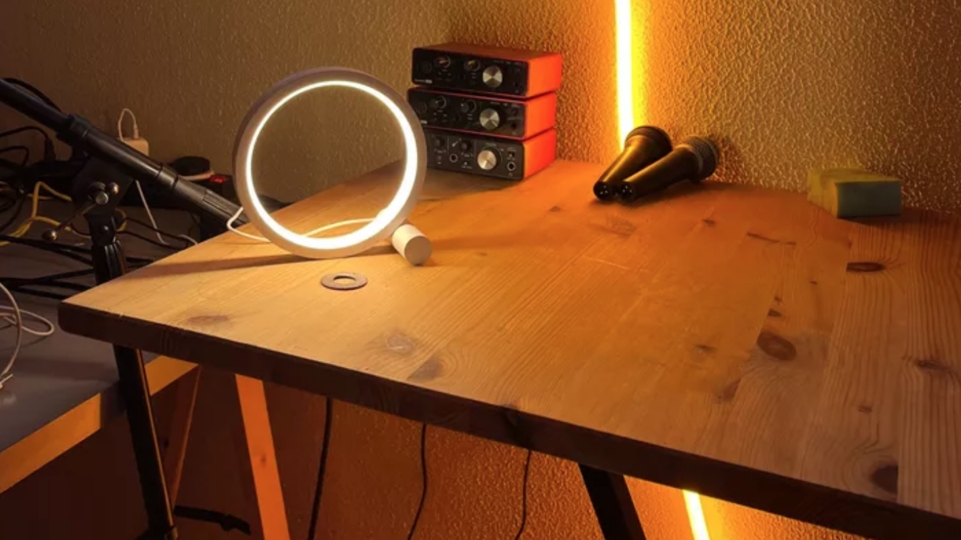
Eight artists taking kuduro and batida to the next level
Born in Angola and popularised globally by way of Portugal, the energetic rhythms and futuristic soundscapes of kuduro and batida have become a staple of the modern multi-genre club scene and made international stars out of the artists behind them. Yohanna Delaportas spotlights eight artists pushing the styles forward
Kuduro is the music that brings Angola onto the diasporic dancefloor. Though most in the West will be familiar with the sound via Portuguese acts like Buraka Som Sistema and DJ Marfox (and others on Lisbon’s Príncipe label), or through mainstream artists like M.I.A. and Diplo who dabbled with it in the late ’00s, it was born in the ’90s during the Angolan civil war. The innovative genre, which translates to mean ‘hard ass’ and mixes sampled drums with traditional Angolan music, created a sense of unity and positivity during uncertain times, its infectious dance moves and explosive beats taking over the streets of Luanda. Since then, kuduro has become the pride of a nation, and the sound of post-war Angola.
Pioneering acts include the artist and producer, Tony Amado, who claims to have created kuduro’s theatrical dance moves, and explains how the sound “turned into a project where we invited other people to participate, and then the project grew”. Then there is DJ Znobia, who is considered one of the godfathers of kuduro (along with the tarraxinha genre), and will release the first part of a four-volume retrospective of his work via Ugandan record label Nyege Nyege Tapes this September. There's also the original ‘Queen of Kuduro’, Titica — one of the genre’s biggest stars and an LGBTQ+ icon.
Batida, meaning ‘beat’ in Portuguese, is a term that is often used to refer to the instrumental components or versions of kuduro tracks. Batida gradually developed into kuduro with an increase in tempo, and by incorporating vocals, rhythms and other sounds. Today, the term is used for the contemporary forms of electronic dance music by the Afro-diasporic DJs and producers of Lisbon – those of Angolan, Bissau-Guinean, Cape Verdean or São Toméan descent. Modern batida can be viewed as an evolution from kuduro, tarraxinha and other Angolan music styles, blended with contemporary production. “In batida, the producer has the total freedom in selecting the samples, building the melodies and the arrangements he or she wants on his or her beat,” explains Portugal’s DJ Marfox, one of the leading pioneers in the Portuguese scene since the mid-’00s.
Years of political instability, which resulted in an influx of Angolan immigration to Portugal, also meant kuduro found a home in Europe. Today, post-colonialism seeks to emerge through Portuguese popular culture, and the relations between Lusophone Africa and Portugal are revived through music, reshaping the cultural landscape and soundscape of Lisbon. As DJ Marfox states: “The sound coming out of the Metropolitan Lisbon Area has finally reached a spirit of 100% belonging, owning up, pride and acceptance”. He hopes to be remembered as “the bridge; the one who connected the people that were on opposite margins”.
Below, we speak to eight Angolan and Portuguese artists about how they’re taking kuduro and batida to the next level, providing contemporary takes and blending them with other Afro-electronic genres to create experimental, inventive beats.
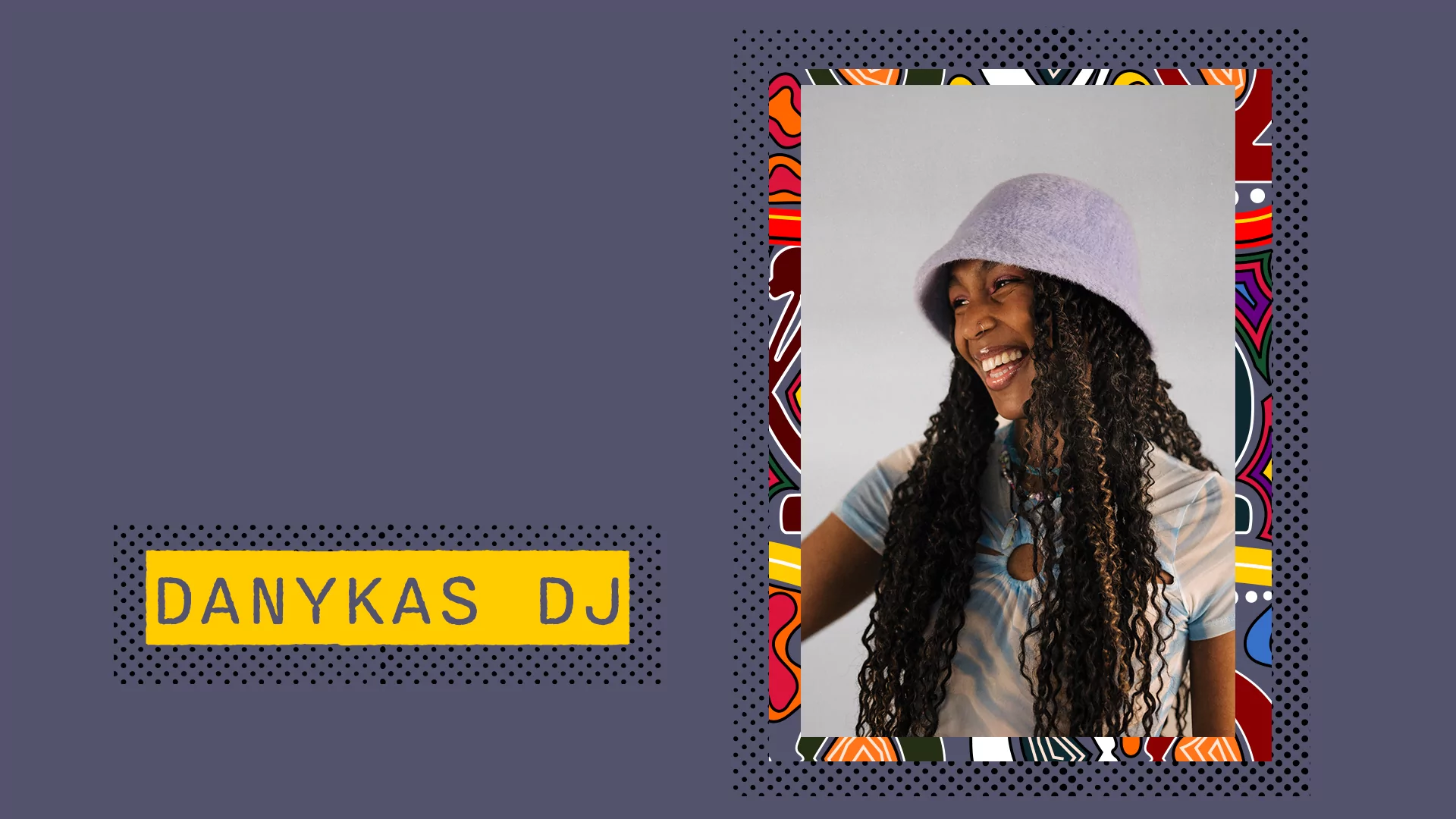
DANYKAS DJ’s distinctive sound has made her an exciting name in Lisbon’s DJ and production community, and is bringing some much needed female representation to a kuduro scene that’s often lacking it. Her passion arose in mid-2008, when she got to know the work of DJ Satelite, owner of record label Seres Produções — recognised as the home of many kuduro stars — and producer of one of the greatest Angolan hits, 2006’s ‘Batida Única’. She says there was always a place in her neighbourhood where the intersections of kuduro, Afro house and batida could be heard: “Kuduro was the passion of any child or young teenager for the power of freedom that [it] awakened.”
Her 2020 EP ‘Dina De Brava’ shows how she beautifies the strong, energetic elements of African instrumentation, resulting in an Afro house sound that acknowledges the influence of kuduro. While ‘Morna’ offers a blend of African diasporic styles, lead track ‘Dina De Brava’ is where you can hear a closer approach to kuduro, with its electrifying beats. Speaking on the similarities between Afro house and kuduro, she explains that, despite the differences in tempo and structure, the styles are intrinsically linked by their core African instrumental and lyrical sound palettes. “This is the amazing thing about doing African electronic music,” she says, “you can literally create symbiosis between different genres and sounds and they will beautifully marry each other.”
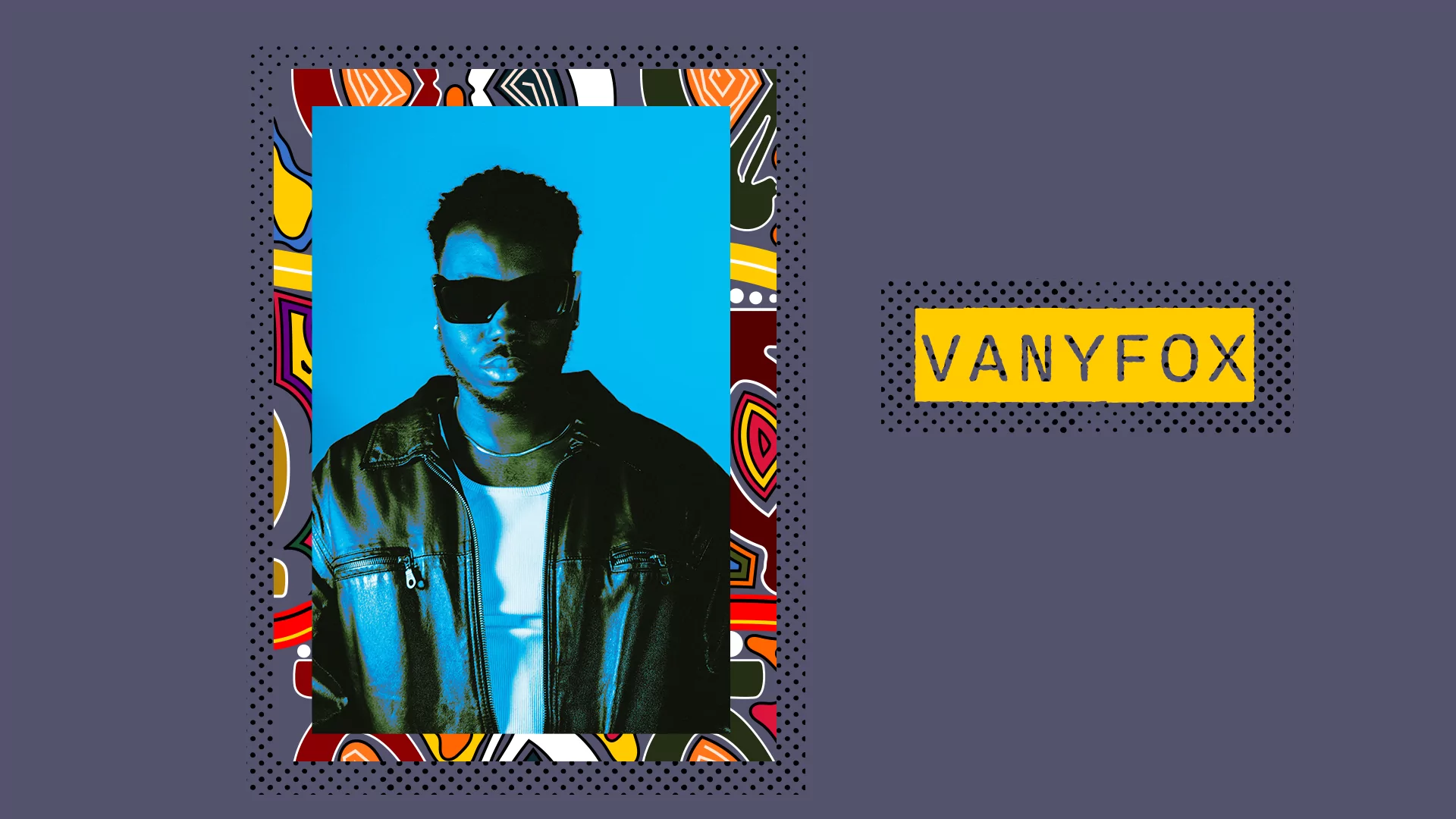
Angolan DJ and producer VANYFOX is a rising star in Lisbon’s underground scene, mixing kuduro and batida in a unique way. As a child he was moved by the voice of Congolese artist Koffi Olomidé, but also by the international rap scene, and started making music aged 12. His EP ‘Banzelo’, released in 2022, is a reflection of his eclectic style, mixing flavours of kuduro, batida, house and techno. The track ‘Rave No Rio’ is an explosive batida banger with baile funk influences, while ‘Jun Guevaru’ is an exhilarating and stimulating rhythm that showcases how the new generation of producers echo traditional kuduro by expressing their grievances with the political state through electronic instrumentation.
“Kuduro is DNA,” he says. “The whole scene of kuduro is energetic. It can be just dancing, but also music. You need to move your body.” He explains that, “Kuduro is going to change every year as all producers from Lisbon have their own style. Kuduro became a father for all of the evolving styles from Angola, but I’m trying to build our sound from Lisbon, and bring in flavours from the old style of kuduro, [so the world can] see what’s going on in Lisbon too.”
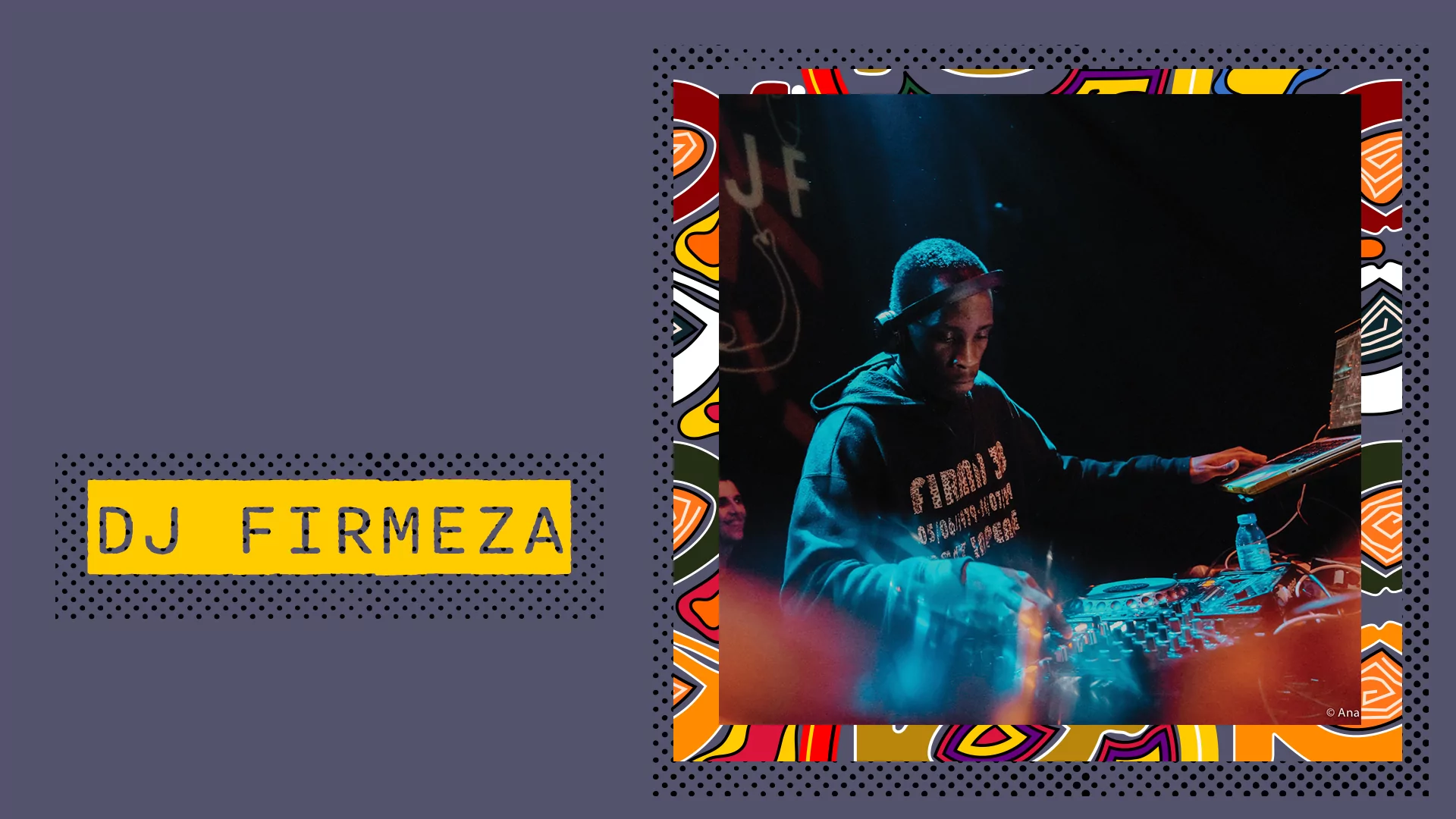
Portuguese producer DJ Firmeza grew up in Quinta do Mocho, a social housing estate a short drive from Lisbon’s city centre. His parents would play semba — traditional Angolan folk music — zouk and kizomba. “As a child, evolution was good,” he says. “I started with my first PC and spent all my time in my bedroom producing.” He now finds his biggest influence is his older brother, DJ Nervoso, and his pioneering kuduro crew, Piquenos DJs Do Guetto. His minimalist yet effective club tracks have earned him a place amongst the Príncipe crew, a record label based in Lisbon dedicated to releasing contemporary dance music from all parts of the city, which has become a staple outlet for modern Portuguese kuduro and batida.
In Portuguese, Firmeza means “firmness” or “fastness”, concepts his music embodies through its bouncy and uptempo drum tracks. His most recent EP, ‘Ardeu’ (generally translating as ‘burned down’) exemplifies infectious-yet-dark energy. Firmeza explains how, during the time of its release, he was experiencing turmoil in his social life: “Everything was burning, hence the title ‘Ardeu’.” He is evidently shifting the sound of kuduro, elevating it within Lisbon's modern underground club scene by creating his own take on the diasporic soundscape.
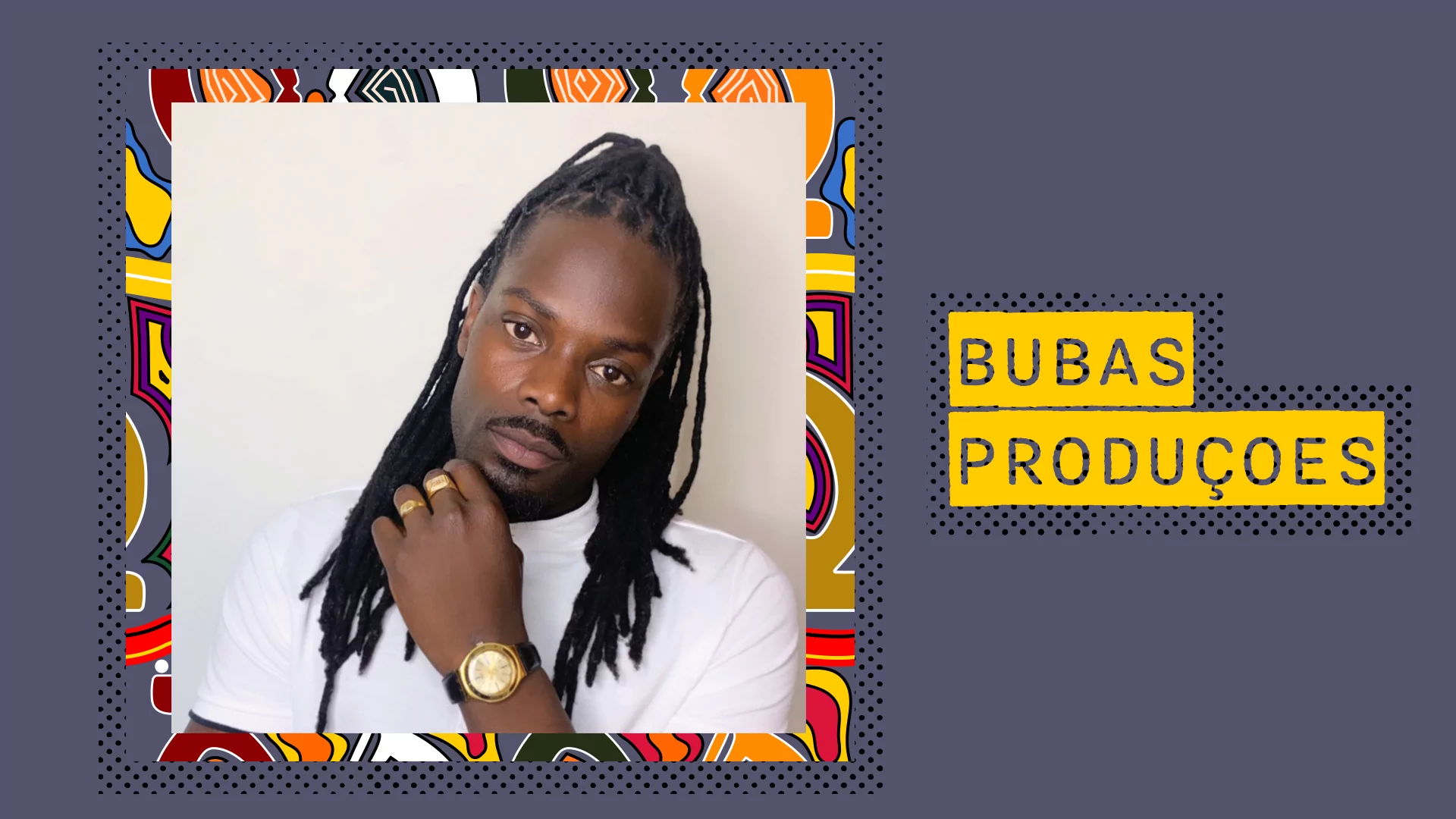
Bubas Produções was born in Portugal and is of Angolan and Bissau-Guinean descent. Currently based in Queluz Pendão, Lisbon, he started making music in 2014, inspired by his DJ and producer friends. One of his most recognised tracks, ‘Padjinha’, blew up on SoundCloud and has been played around the globe. In 2020, ‘Padjinha Pt. 3’ was released via Tash LC’s Club Yeke label, and was later picked up for Leon Vynehall’s ‘Fabric presents’ compilation in 2022, helping him gain more international acclaim.
Alongside tracks like the popular free download ‘Corda Na Piscozzz’, Bubas Produçoes' contemporary take on kuduro sees him finding new ways to transcend the genre, drawing on traditional elements while remaining fresh; his sound is stripped back, but utilises haunting samples to create a sense of urgency. “My favourite song to work on until today is ‘Padjinha’, because it was the song that gave me knowledge and allowed doors to open for me to showcase my work,” he says.
More recent works blend elements of kuduro and Afro house to create a deeper sound that is also suitable for clubs. The fusion of distinct African drums and rhythms with a distorted bass feels like the perfect combination.
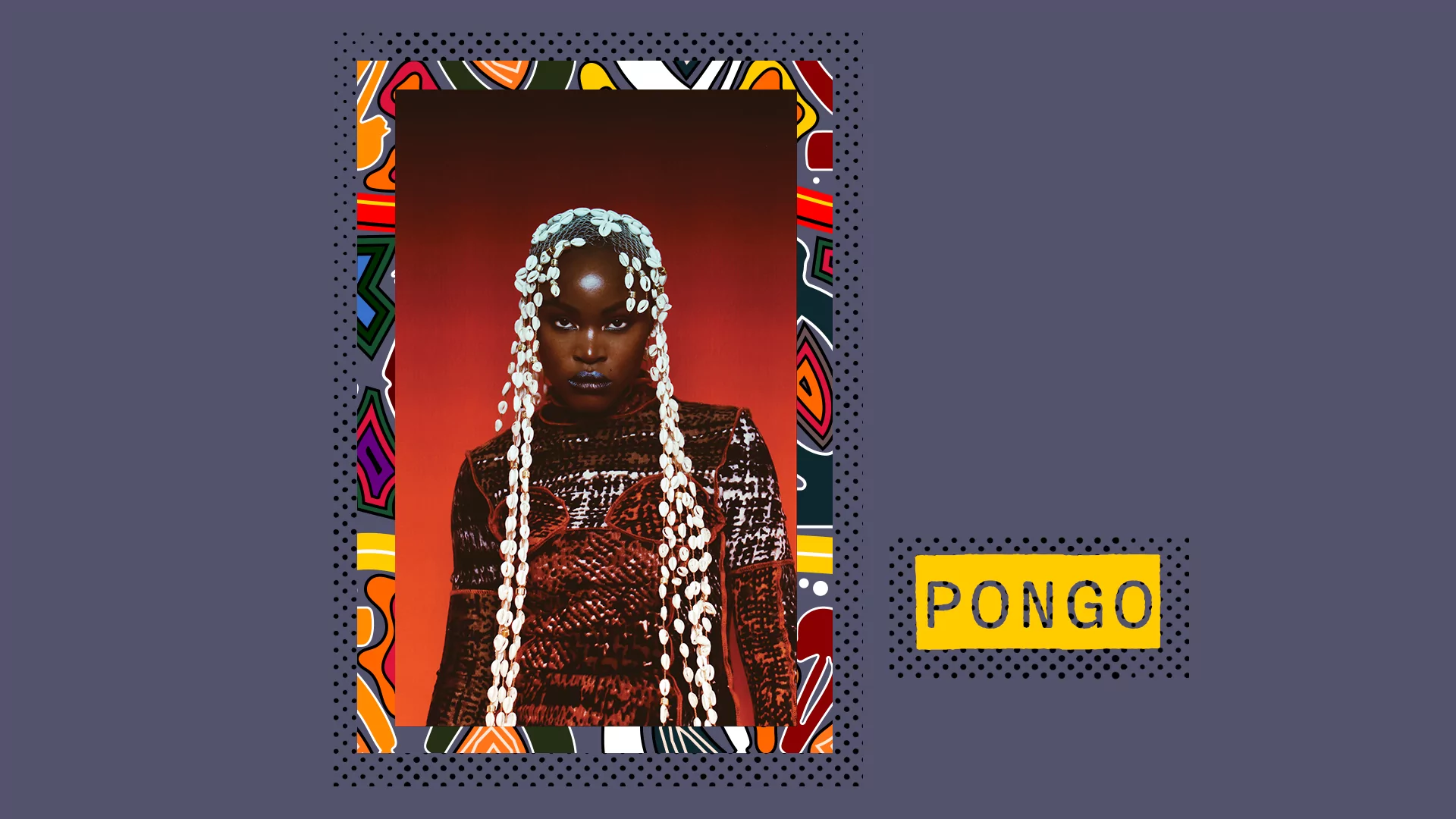
Angolan artist Pongo is known for her dynamic dance music and the frenetic choreography that she delivers on stage. Now one of the key voices of kuduro, she began to write and compose music with her friends for fun when she was 15 years old. She was recognised by Buraka Som Sistema and her first song with them, ‘Kalemba (Wegue Wegue)’, became one of the most recognised Afro-electronic tracks of the late 2000s. “‘Wegue’ is one of my compositions from my childhood memories in Angola,” says Pongo. “‘Wegue Wegue’, also part of a battle game between neighbourhoods, was sung in order to express that the winning team was stronger.”
After some time away from music, she released her debut EP ‘Baia’ in 2018 and has been blowing up ever since. Pongo’s music is about freedom, energy and power: “It is all human emotions combined. Also it’s music to dance [to], to free the body. Fusions between genres and cultures. Just like when we relate to each other in our daily life.” Her 2022 album ‘Sakidila’, meaning ‘gratitude’ in Kimbundu, demonstrates how she embodies the renewal of kuduro as she combines her roots with pop, dancehall and club-ready electronic production. On standout track ‘Bruxos’, her powerful vocals ride a slippery bassline and punchy beat, while ‘Vida’ is full of soft guitars and all about her life and the struggles she faced, illustrating that her sound goes deeper and showing her versatility.
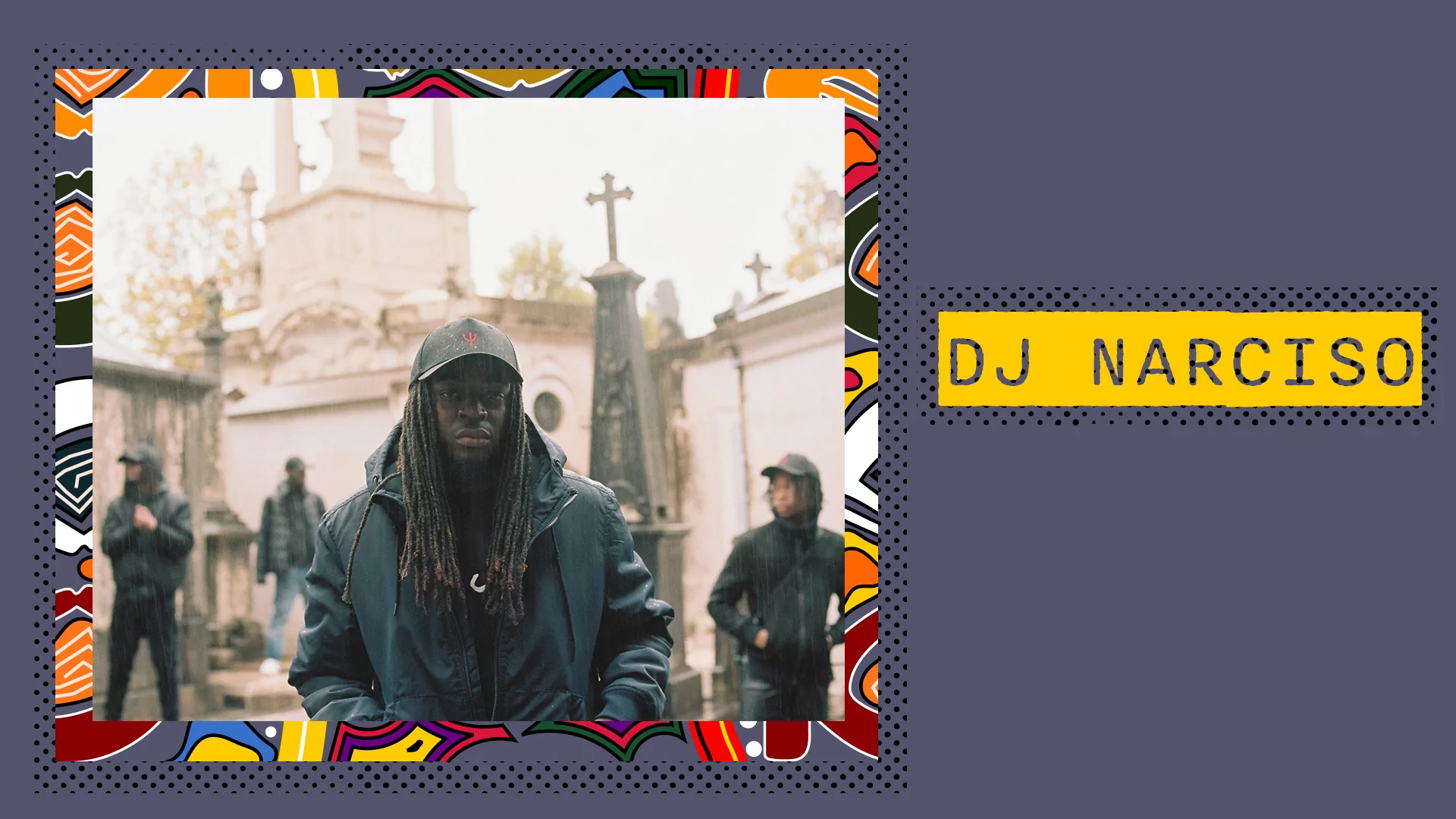
DJ Narciso is a DJ and music producer born in Lisbon, and the co-founder of the musical group RS (Rinchoa Stress) Produções, alongside Nuno Beats, DJ Nulo, DJ Lima and Farucox. Narciso is part of the new wave of kuduro artists redefining the sound in Lisbon, and is one of the youngest artists on Príncipe. He has been developing his sound since he was a teenager, constantly enhancing his introspective music. His 2022 album ‘Me Vs Me’ takes a dark approach, with prominent strings and stripped of the typical uptempo melodies of kuduro.
This contemporary take on the style can be heard across Lisbon, in spaces such as Musicbox, which has become a crucial hub for African diasporic electronic music in the city. His tracks like ‘Energia’ and recent single ‘BMX’ showcase his highly original beat structures and are a reflection of the frenetic and contagious sound coming out of the city right now. “Kuduro for me is very important and will always be present in my life, it represents so much of what I am today,” Narciso says.
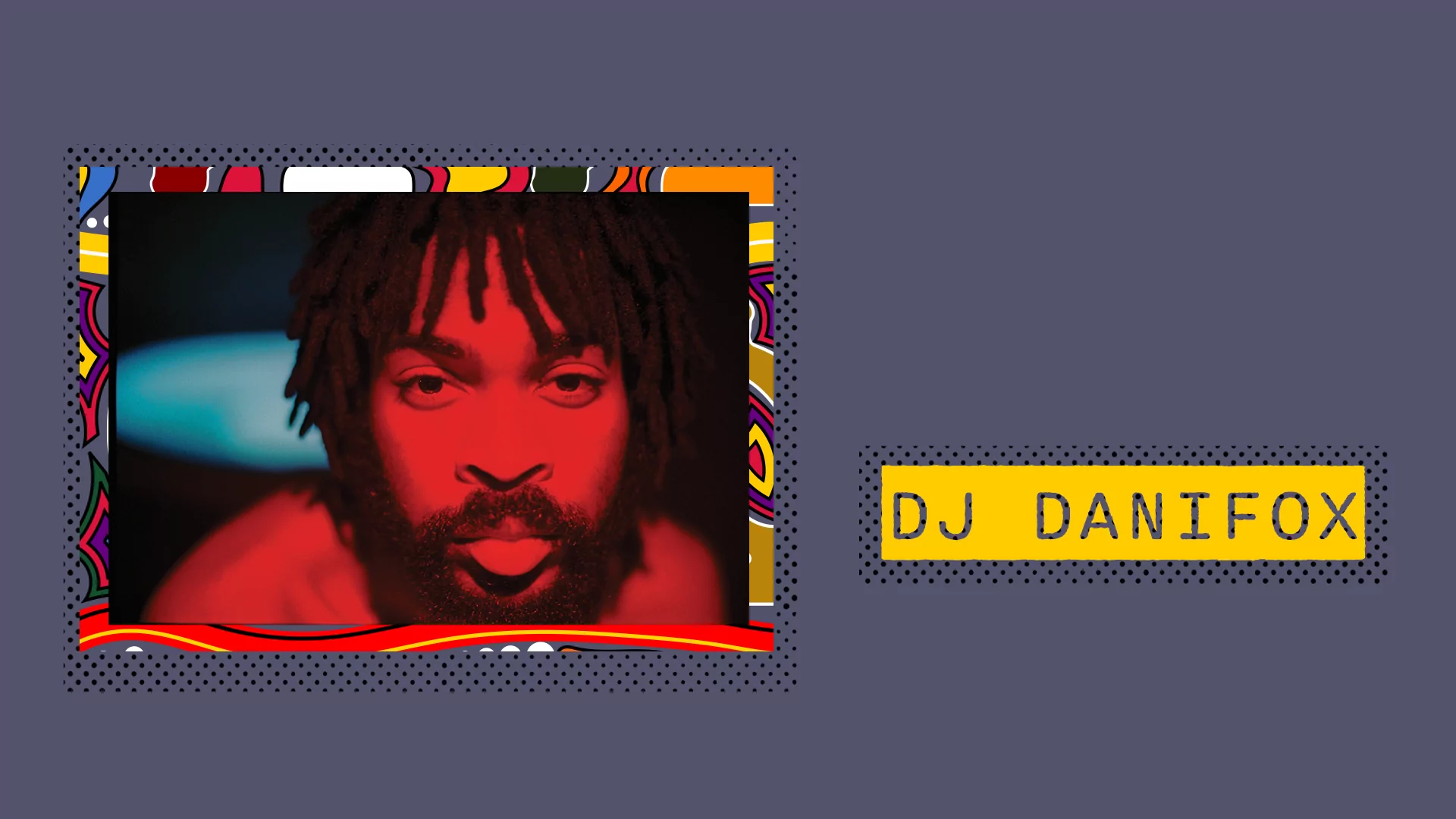
DJ Danifox, also known as Daniel Veiga, is a young DJ and producer who started making music using old school kuduro songs as reference and influence. He is a member of the Lisbon-based collective Tia Maria Produções alongside Bboy, Lycox and Puto Márcio, who are all collectively signed to Príncipe. Though he’d had people in Lisbon help him get started in music before moving to the UK, Danifox’s journey into production properly began when he started living in Leeds in 2014, and he began to make kuduro two years later.
His most recent album, ‘Ansiedade’, translates to ‘anxiety’ in Portuguese. “When I came to Leeds, people would tell me that if I want to work then I need to cut off my dreadlocks,” he says of the inspiration behind the title. This feeling of fear and anxiousness is heard throughout the album, as he delivers Afro-diasporic rhythms, slow club sounds and electronic echoes, repeating hooks in an eerie way.
The album expands on Danifox’s signature batida, signalling an artistic breakthrough from his previous EP, ‘Dia Não Mata Dia’, as he doesn’t conform to the typical rules of the genre. His track, ‘Ilha dos Bruxos’ is a perfect example of his intricate mix of batida, kuduro, tarraxo and Lisbon ghetto, mixing African percussion and electronic melodies that feel alive. ‘Aleijada’, meanwhile, displays a more relaxed approach with cascading plucked strings — but that’s not to say it won’t make you dance.
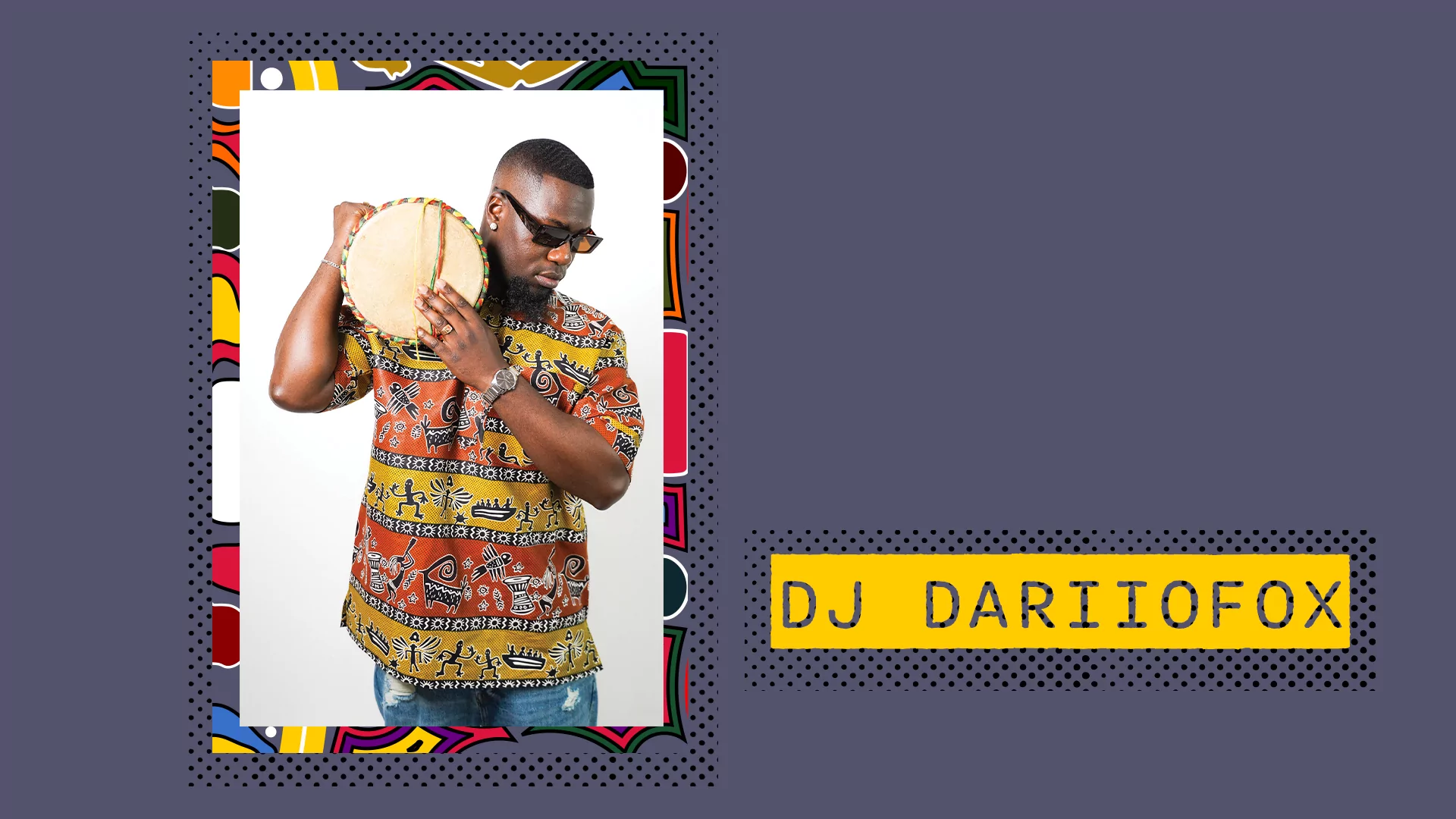
DJ Dariiofox is a Portuguese DJ and producer who is based in London. As a teenager in 2014, he discovered his love for music and would experiment on FL Studio. “A year later I met Danifox; we would make beats almost every day when he used to come to my house,” he recalls. Influenced by his brother, DJ Nervoso, Dariiofox began to share his music on SoundCloud, his tracks a mix of tarraxo and batida. In 2019, he released his EP, ‘Influência’, which means ‘influence’ in Portuguese, showing how big of an impact Nervoso has had on his journey in music.
The 12-track EP is packed with enthusiastic beats: opening track ‘OLHA SÓ’ depicts how Dariiofox draws on elements of kuduro’s past while using modern FL Studio production techniques, merging the different generations of the genre, while ‘DINEY’ blends repetitive vocal chants, drum loops and whistles, showing how the music is a delineation of the complexities of Angola’s history. This full, energetic production style is present in more recent tracks like ‘Aleijado’ and ‘LOTE 7’, available via his Bandcamp. Dariiofox describes his music as batida, as it is more aggressive than kuduro, saying, “Batida gives me a different type of energy; I feel free, like I’m in my own world”.
